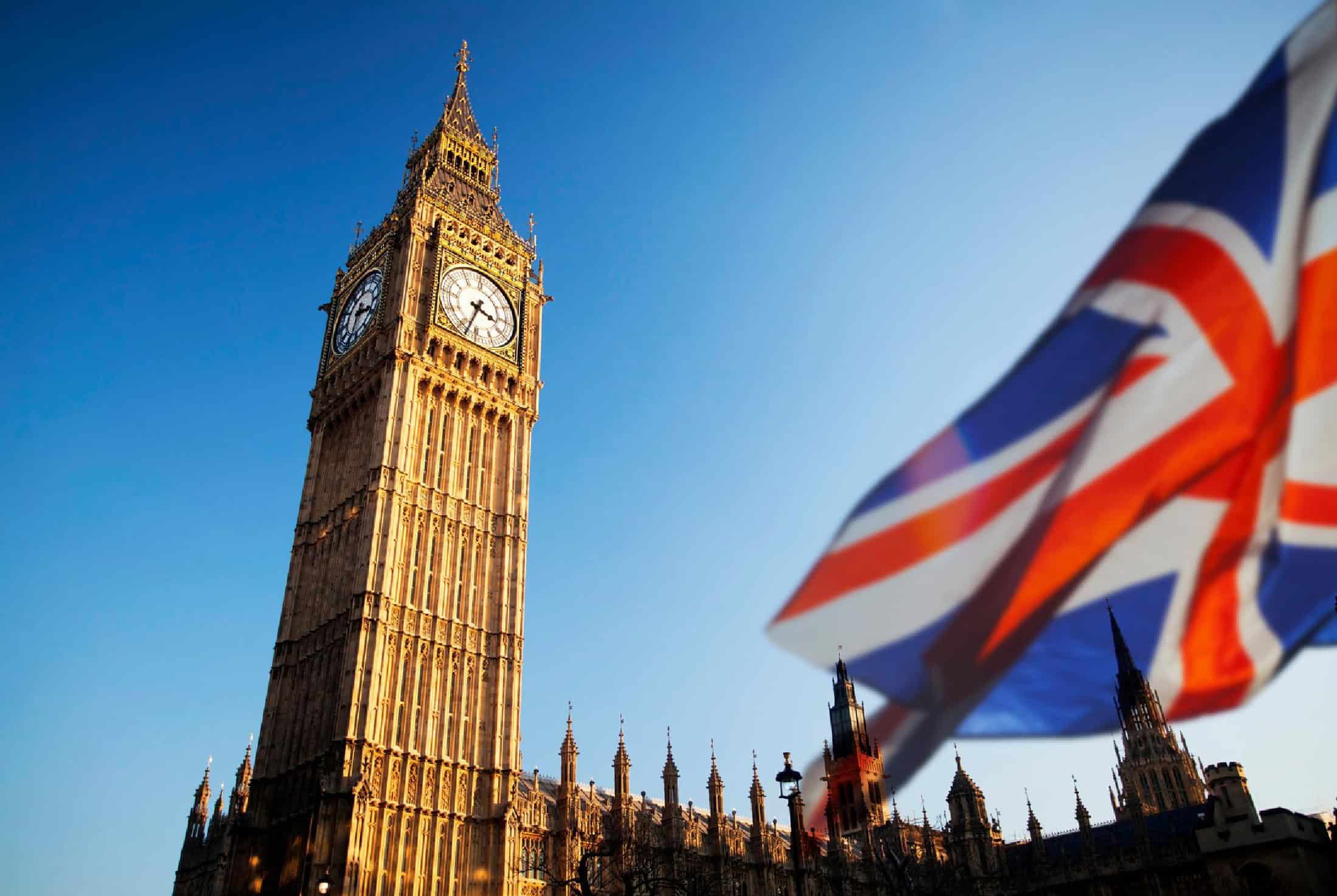As we enter a new fiscal reality under the first Labour budget in over 14 years, there are a lot of changes for individuals and businesses to get to grips with.
In this round-up blog, we’re going to look at the changes the government has announced, what the effect on your business could be and what you can do to prepare for the changes.
The increase in employers’ National Insurance
The 1.2% increase in National Insurance Contributions and the lowering of the threshold to £5,000 is estimated to raise nearly £25 billion annually for the treasury.
But what are the potential effects for you and your business?
Increased Payroll Costs
Starting with the most obvious effect, the national insurance change will raise annual payroll expenses rather substantially. To give you an example, for a staff member salaried at £35k a year, this amounts to an increase of £926 more in employer National Insurance Contributions annually. Expanding that out to a company employing 30 people with an average salary of £35k a year, it would amount to an increase of £27,780 annually.
Reduced wage growth and benefits
You may seek to offset these higher costs by slowing down wage increases and/or reducing benefits for your employees. The downstream effect of this can come in the form of reduced employee satisfaction and poorer retention. This could create a situation where there’s a challenging trade-off between balancing the rising costs of employment and retaining talent.
Impact on hiring and expansion
Another downstream effect of these changes is that they might stymie your plans to hire new workers or invest in expansion initiatives. This could especially affect you if you are a smaller business or a startup, as you will largely feel these pressures more acutely than larger, more established firms.
The increase in the Employment Allowance
In a measure designed to cushion the blow for smaller businesses, the Employment Allowance has been increased from £5,000 to £10,500, reducing the National Insurance Contributions they need to pay.
How it works
If your National Insurance liabilities are below the Employment Allowance, you don’t need to pay National Insurance Contributions. In the budget, this allowance has been increased from £5,000 to £10,500, meaning that around 800k businesses won’t need to pay any National insurance Contributions at all. For around 1 million others, they’ll pay the same national insurance contributions that they are currently or slightly lower.
For larger and more established businesses, this change will make little difference and they’ll be paying significantly more.
The 6.7% National Living Wage increase
For those aged 21 and over, the National Living Wage (NLW) increase from £11.44 per hour to £12.21 from April 2025 will lead to increased costs for certain businesses with lower-paid roles. For one staff member on the NLW working full-time hours (37.5 hours), it would amount to an increase of £1,501.50 annually.
A 16.3% increase for 18-20 year olds
For staff aged between 18 and 20, the National Minimum Wage (NMW) is increasing from £8.60 to £10 per hour – a £1.40 increase. For one staff member working full-time hours (37.5 hours), It will amount to an increase of £2,730.
An 18% increase for 16-17 year-olds
For staff aged between 16 and 17, the NMW is increasing from £6.40 to £7.55 per hour – a £1.15 increase. For one staff member working full-time hours in this age bracket, it amounts to an annual increase of £2,242.50.
This is the biggest increase in National Minimum Wage on record and a step towards narrowing the gap between the NLW and NMW in anticipation of a single adult rate being created which would extend to 18-year-olds in future years.
Freeze on fuel duty
The 5p cut on petrol and diesel was due to end in April 2025 but has been extended for another year. This comes alongside a freeze on the rate of fuel duty which had been set at 57.95p per litre since 2011 and reduced to 52.95p after the 5p a litre cut was enforced in March 2022.
For companies reliant on a fleet of vehicles, the freeze on fuel duty will be welcome, offering reduced inflationary pressure, cost predictability and improved pricing for their clients.
Riding the waves of change
It’s fair to say that this budget is a big change for the country. Businesses will be materially affected by many of the changes, particularly the changes to employers’ National Insurance Contributions.
When coupled with the upcoming changes in the Employment Rights Bill, these changes may affect many aspects of your employment plans for the years ahead. It’s incredibly important to be proactive when looking to address the aftereffects of these changes.
Here at Gorvins, we are perfectly placed to help you plan for the future proactively, whatever the best route for your business is. You may want to look at saving costs through restructuring and need advice on the consultation process to avoid any unfair dismissal claims. Or you may be considering changing terms and conditions of employment to save costs. You need to be aware that while this is achievable, it is not straightforward and could in some situations give rise to a redundancy process.
We are on hand to advise you of the procedure to follow and to ensure your business is protected.
–
For an in-depth consultation about how your business can weather these changes and position itself for success, call our expert employment team today on 0161 930 5151, email us at enquiries@gorvins.com or fill out the online form.

